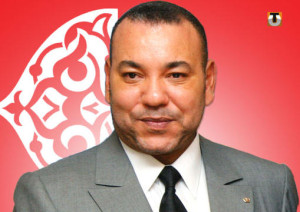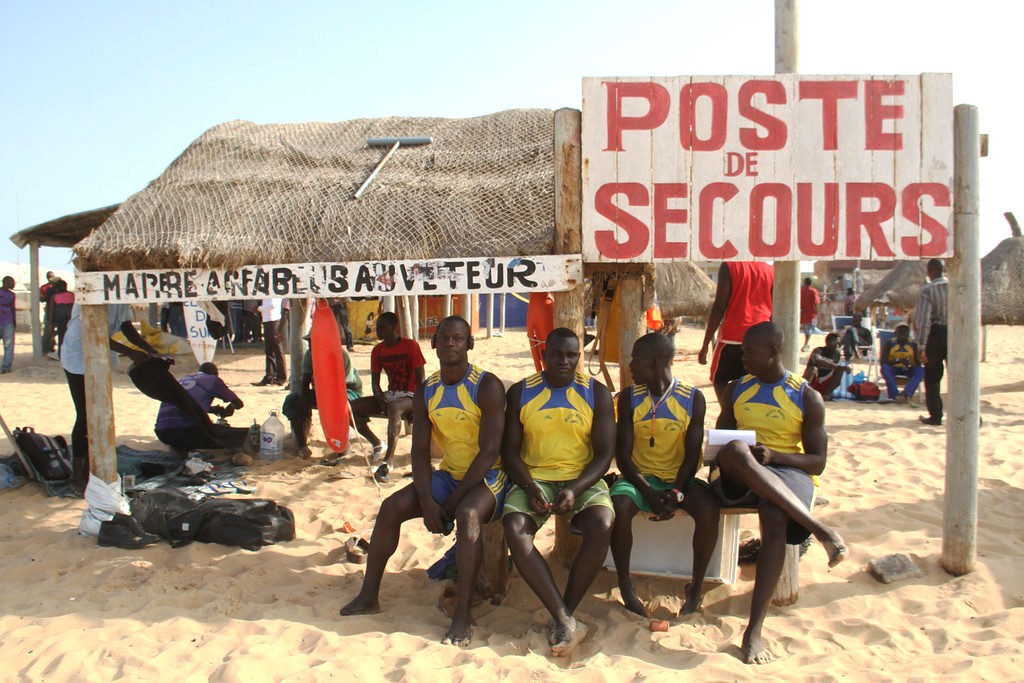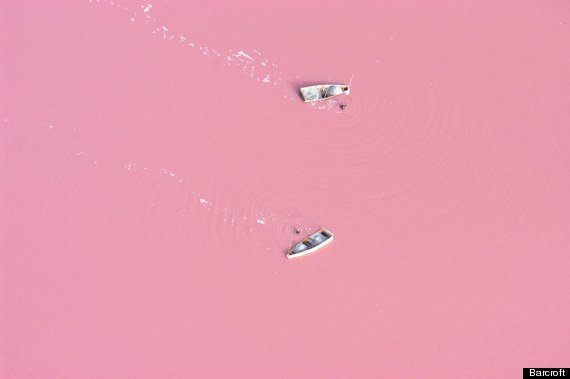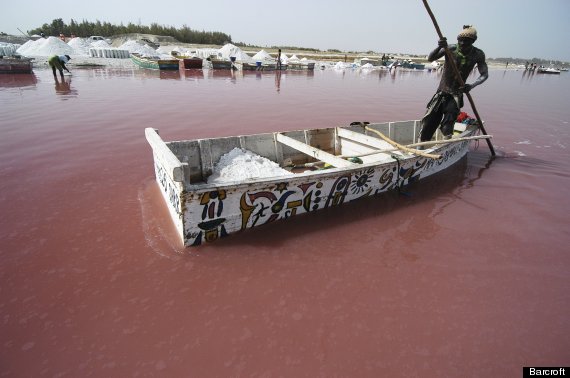By--Jane Labous
Do you remember school swimming lessons? I'd be willing to bet that you share some kind of memory of that familiar routine - swimming bags and verruca socks; the elastic flick of swimming hats; the chlorine echo of the swimming teachers and the rush for the crisps machine afterwards? As a child I took these lessons for granted, just as I've always taken for granted the fact that I can swim. The singular freedom of pumping out 50 lengths of crawl is part of my valued leisure time; those childhood lessons instilled a lifelong love of the water.
But in the developing world, swimming lessons aren't free or widely available or part of a standard childhood routine. Here in Dakar, Senegal, West Africa, a capital city surrounded on three sides by the sea, the majority of children grow up without learning to swim. There are few municipal pools, and who can afford £70 a month on private swimming lessons? With the exception of the coastalLebou fishing tribe, kids lack the skills to negotiate the often treacherous beaches, smacked by heavy Atlantic waves and pulled and pushed by violent currents. It's the same all the way down the coast, from Monrovia to Abidjan.
Yet nowadays, as village populations migrate en masse to these cities, and increased weekend leisure time means most children and teens flaunt parental warnings to stay away and head to the beach, knowing how to swim is becoming all too important. As many now die from drowning in the developing world as from malaria. But despite the scale of the problem, it's barely talked about - a hidden catastrophe.
At Yoff BCAO beach, one of Dakar's wildest and most dangerous, it's Sunday and there are about 2000 people, many of them unaccompanied children and teenagers. They form a seething, laughing, splashing shoreline mass; they're all having fun, but it's noticeable that none of them venture out of their depth. Small boys fill up water bottles as floats, a dangerous practice that means they risk being carried out to sea. None of them have armbands or proper floats. I speak to the urchins playing on the shore and they all say they cannot swim. Unanimously, they grin and tell me they'd love to learn.
My involvement with Yoff beach goes back to October 2011, when I met a group of Dakarois who operate a rudimentary lifeguarding service here. Led by Moustapha Diene, 52, a former fishermen, and Idrissa NDiaye, 33, a professional fireman and freediver, both from the Lebou tribe, they began saving lives voluntarily because they couldn't bear to stand back as so many children drowned. Despite a tangible decrease in the number of drownings on this stretch of the beach since they began surveying it, the government is reluctant to give them further funds and equipment. They get by with a few adapted fishing floats, a tank of oxygen, an old windsurfing board - and superlative swimming skills. It occurred to me that they could do with talking to our British lifesaving experts, the RNLI.
After months of hard work and not a little drama (our race through the hot streets of Dakar, looking for the right visa form, Moustapha sporting a kingly silver robe, is particularly memorable), Idrissa and Moustapha are now enrolled on the Royal National Lifeboat Association's (RNLI) brand new Development Programme. The programme will bring two lifeguards from nine developing countries (Senegal, Cameroon, Kenya, Uganda, Tanzania, Mauritius, Bangladesh, India and the Philippines) to a summer lifeguarding camp at the RNLI headquarters in Poole this August, for two weeks' intensive leadership training. During the winter, the RNLI lifeguards will return to Senegal (and the other countries) to help Idrissa and Moustapha improve their service and carry on training future lifeguards.
Drowning is preventable. The RNLI has years of experience in saving lives at sea, on inland
waterways and in floods. The programme is designed to share that expertise to reduce drownings worldwide, providing others with the knowledge, equipment and skills to save more lives and bringing to Africa the kind of superior lifeguarding services that we so take for granted on the beaches of the South West every year. Dakar's maitres naguers sauveteurs are really good, but with further training by the RNLI they'll have the base knowledge to improve and expand their service.
It's a significant start - but there's more to be done. In the long term, Idrissa, Moustapha and I would like to link up with NGOs like the one I work for - child rights organisation Plan International - and introduce free swimming lessons for children in Dakar and eventually, the rest of Africa. We'd also like to help the RNLI link up to further lifeguarding services in Africa.
Swimming is rightly considered, here in the UK and most other developed countries, to be a fundamental life skill. Teach a child to swim and he or she will always swim. Teach a child to swim in Africa and he or she also has more chance of surviving in rough seas; more chance of surviving a flood; more chance of surviving that tricky river crossing on the way to school. If a child is taught swimming survival and safe rescue skills, he or she will use them to protect their peers. Grown-up, they will pass those skills on to their own children. I would argue that teaching a child to swim in a city such as Dakar is as important as vaccinating them against major diseases.
Idrissa brings the point home as he describes, visibly upset, an accident that happened this week in Malika, on the outskirts of the city.


















